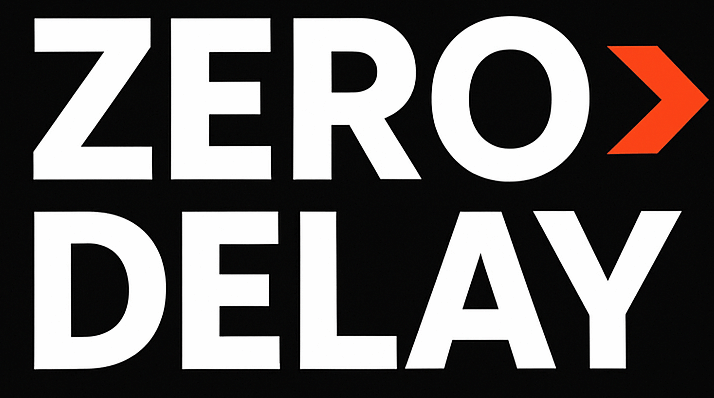Recently, the Trump administration announced plans to make substantial changes to the Public Service Loan Forgiveness (PSLF) program, a key benefit for many Americans working in public service sectors. The move has sparked widespread concern among borrowers, advocates, and industry experts who see PSLF as a vital support mechanism for those committed to serving their communities. As the proposed overhaul takes shape, many are questioning how these changes might impact borrowers who rely on the program to manage their student loan debt.
Trump Admin Proposes Major Overhaul to Student Loan Forgiveness Program
The Trump administration’s proposal aims to significantly reform the existing structure of the Public Service Loan Forgiveness program, which was originally introduced in 2007. The government has expressed concerns that federal funds may have been improperly used to support organizations operating outside legal boundaries. As a result, officials suggest tightening eligibility criteria and implementing stricter oversight measures to ensure that public funds are used appropriately. These proposed changes could potentially limit the number of borrowers who qualify for loan forgiveness, raising fears about increased financial burdens for those in public service careers.
One of the key aspects of the proposed overhaul involves redefining what qualifies as eligible employment under the PSLF program. The administration is considering more rigorous documentation requirements and stricter verification processes to prevent abuse or misuse of the program. Critics argue that these changes could create additional hurdles for borrowers attempting to qualify, potentially delaying or preventing forgiveness altogether. Meanwhile, supporters contend that these reforms are necessary to safeguard taxpayer money and ensure the program is used for its intended purpose.
Furthermore, the administration is also exploring modifications to the types of loans that qualify for forgiveness, possibly excluding some federal student loans that do not meet specific criteria. This could mean that some borrowers might find themselves ineligible for loan cancellation, even after making the required payments over the decade. The proposed overhaul signals a significant shift in federal policy, with the potential to reshape how public service workers manage their student debt in the coming years.
Changes to Public Service Loan Forgiveness Could Impact Thousands of Borrowers
The proposed changes to the PSLF program are expected to impact thousands of borrowers who have dedicated years of service in government and nonprofit roles. For many, the promise of loan forgiveness after a decade of consistent payments has been a critical incentive to pursue careers in education, healthcare, law enforcement, and other public service fields. If the reforms go into effect as planned, numerous borrowers might face increased uncertainty about whether they will ultimately receive forgiveness, potentially discouraging some from continuing in these vital professions.
Existing borrowers who are nearing the 10-year mark could find themselves caught in a difficult position, as changes to eligibility criteria might mean they need to meet new, more stringent standards to qualify. This could lead to a surge in loan repayment challenges or even the need to start the loan forgiveness process over if their qualifying employment is questioned. Additionally, prospective public service workers could think twice before entering careers that previously offered the security of student loan forgiveness, which might impact the availability of essential services nationwide.
Advocacy groups and borrower rights organizations have voiced concern over these potential consequences, warning that the reforms could disproportionately hurt low-income and minority borrowers who rely heavily on PSLF. They argue that the program was designed to support those who serve the public good, and overly restrictive policies might undermine its original purpose. As the Department of Education reviews these proposals, many are watching closely to see if the final policies will strike a balance between safeguarding federal funds and maintaining a pathway for dedicated public servants to manage their student debt effectively.
TOPIC DETAILS:
The Trump administration’s move to reform the PSLF program follows ongoing concerns about misuse of federal funds and the integrity of the program. These proposed changes reflect a broader effort to tighten oversight and ensure that taxpayer dollars are focused on genuine public service employment. While advocates worry about the potential narrowing of qualification standards, the administration emphasizes the importance of protecting federal resources and maintaining program accountability. As discussions continue, borrowers and institutions alike await further details about how these reforms will be implemented and what they will mean for the future of student loan forgiveness.
The Trump administration’s plans to overhaul the Public Service Loan Forgiveness program mark a significant shift in federal policy aimed at addressing concerns over misuse and safeguarding taxpayer investments. While intended to improve accountability, these changes also raise important questions about access and fairness for public service workers who rely on the program to help manage their student debt. As policymakers consider the final details, borrowers across the country are watching closely, knowing that the outcome could shape their financial futures and their ability to serve their communities effectively.








